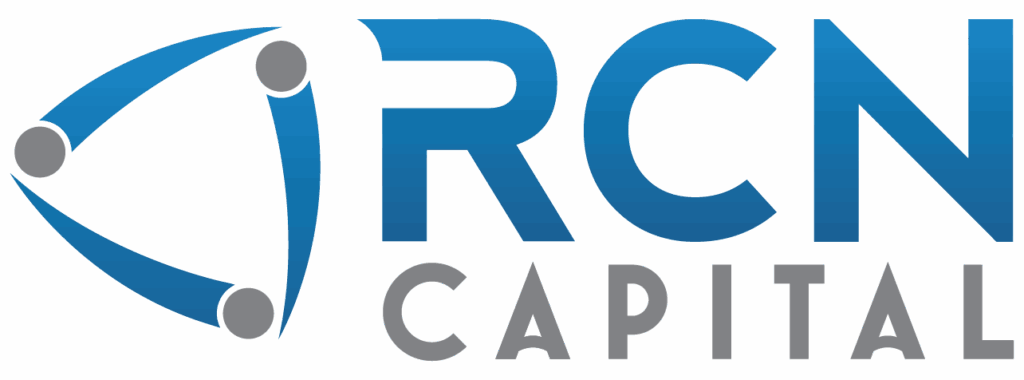What are self-employed mortgages?
Self-employed workers are not paid traditional salaries or wages. They typically earn money by serving as a sole proprietor or as an independent contractor for other businesses. Because they’re responsible for paying their own taxes and their income often isn’t documented through an employer using a W-2 form, it can be difficult for these people to qualify for a mortgage.
Self employed home loans can come in a variety of flavors. It’s possible for these borrowers to qualify for a conventional or government-backed loan, particularly if they have strong credit, have been in business for at least two years and have proof of steady income. But it’s increasingly common for self-employed workers to get nonqualified (non-QM) loans, such as a bank-statement program that rely upon 12 to 24 months of deposits to verify revenues and expenses.
Self-employed mortgages still require due diligence on the lender’s part. Borrowers should expect to have proof of employment and income. Employment verification can be obtained through such things as correspondence with current clients or business partners, professional organizations or a certified public accountant. To verify income, a lender will request personal tax returns and profit-and-loss statements (such as Schedule C forms for sole proprietors, 1120-S forms for S corporations or K-1 statements for partnerships).
It’s possible for people who’ve been self-employed for less than two years to be approved for a mortgage, but it is more difficult and is at the lender’s discretion. For example, a borrower who has been self-employed for one year may be able to show past income for a similar line of work or proof of formal training/education program.
What are common terms for self-employed mortgages?
The path to getting a mortgage when self-employed can be similar to that of the traditional wage earner. For conventional loans that conform to standards through the government-sponsored enterprises Fannie Mae and Freddie Mac, a lender will want a self-employed borrower to have a minimum credit score of 620, a downpayment of at least 3% and a debt to income ratio (DTI) of less than 50%. Additionally, there is a conforming loan limit for the area in which the property is located. In 2021, this loan amount limit ranged from $548,250 to $822,375.
For Federal Housing Administration (FHA) loans, a self-employed applicant will need a credit score of at least 580 for a 3.5% minimum downpayment or a score of at least 500 for a 10% minimum downpayment. The DTI ceiling is 43% and the borrower must be using the home as their primary residence. As with other types of borrowers, the self-employed applicant is responsible for paying mortgage insurance premiums on an FHA loan.
Self-employed borrowers also can apply for a mortgage and obtain financing through private mortgage lenders. These loans fall into the non-QM category and may require a borrower to have better credit and/or a higher downpayment than other programs. The advantage, however, is that non-QM programs typically include more flexible documentation requirements, more relaxed DTI limits and interest-only mortgage payment options.
How to find self-employed mortgage loans
Lender Search by Scotsman Guide can help originators locate the best mortgage lenders for self employed clients. From the Lender Search home page, simply search through these options to find self employed mortgage lenders:
- Prime mortgages backed by the government-sponsored enterprises
- FHA, USDA and VA mortgages backed by the federal government to reduce lender risk
- Non-QM loans for borrowers who don’t qualify for prime or government loans






